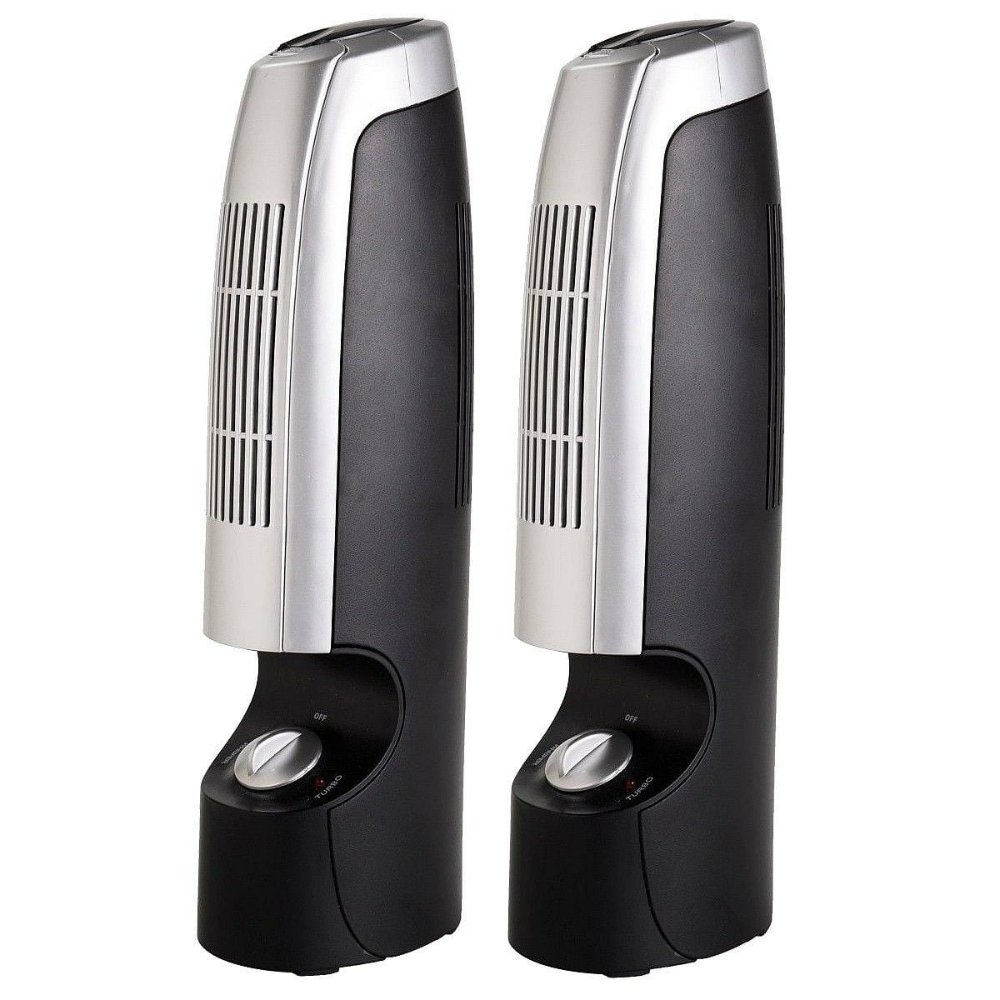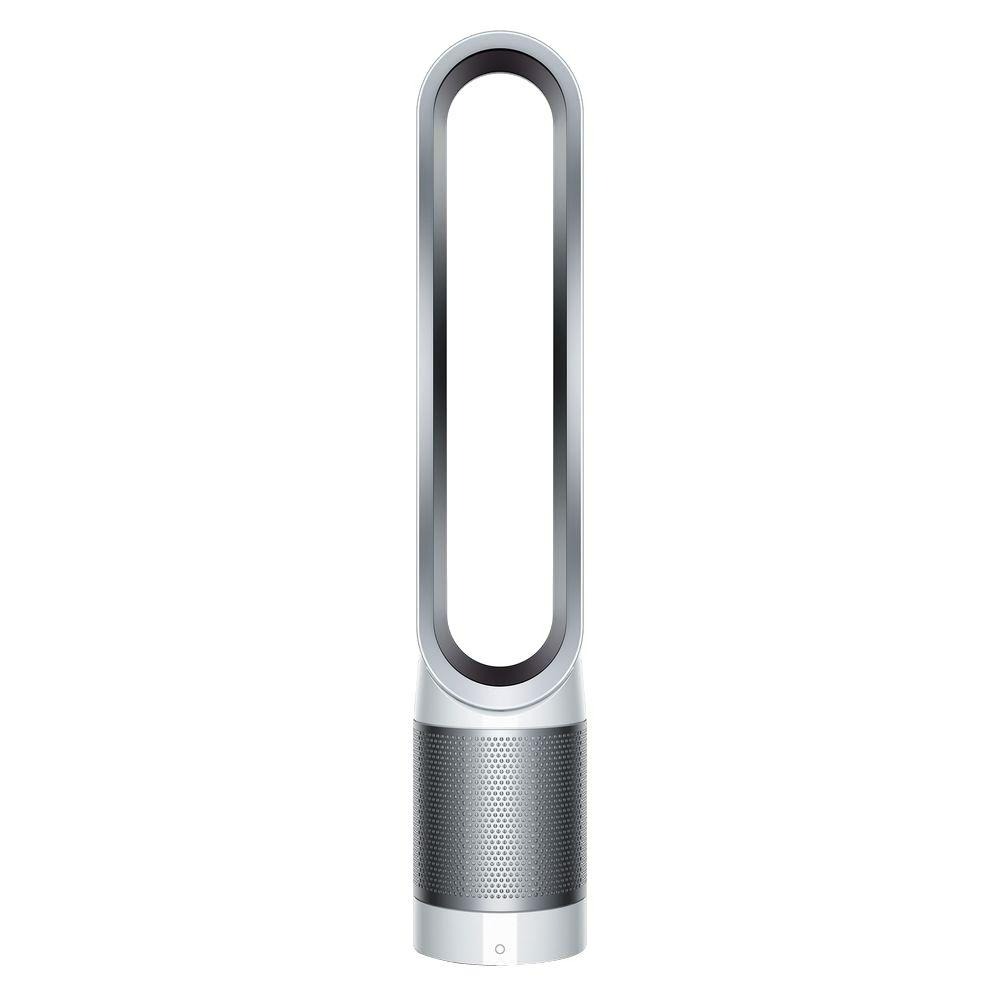Introduction to Air Purifiers
What is an Air Purifier?
An air purifier is a device that cleans the air in your surroundings. It works by sucking in indoor air and passing it through filters. These filters trap harmful particles like dust, pollen, and bacteria. The result is cleaner and healthier air for you to breathe.
How Do Air Purifiers Work?
Air purifiers use fans to pull in unclean air. As the air moves through the purifier, it goes through several filters. The main filter is usually a High-Efficiency Particulate Air (HEPA) filter. It catches tiny particles as small as 0.3 microns. After the air passes through these filters, the purifier releases the clean air back into the room.

Air Quality and Health
Clean air is not just a comfort; it’s a health necessity. We take about 20,000 breaths each day, and each breath is an opportunity for pollutants to enter our bodies. By cleaning the air around us, air purifiers play a critical role in promoting our overall health and well-being.
The Impact of Poor Air Quality on Health
Poor air quality can be an invisible enemy to our health. It can trigger allergies, worsen asthma, and aggravate respiratory conditions. Long-term exposure to polluted air can also lead to serious health issues like cardiovascular disease and lung cancer.
Breathing in pollutants can cause immediate symptoms such as coughing, throat irritation, and shortness of breath. Over time, this exposure can lead to more severe health conditions. That’s why it’s vital to maintain good air quality indoors, where we spend most of our time.
Specific Health Risks of Indoor Air Pollution
Indoor air pollution carries specific health risks that can impact our daily lives. Tiny particles from dust, mold, and smoke can penetrate deep into our lungs. Volatile Organic Compounds (VOCs), released from cleaning products and paints, can also cause headaches, dizziness, and other health problems.
Studies show that certain indoor air pollutants can increase the risk of strokes, heart attacks, and diabetes. For pregnant women, poor air quality can even affect the health of their unborn children. Children and the elderly are especially vulnerable to the effects of indoor air pollutants because their respiratory systems are more sensitive.
Common Pollutants and Allergens
Breathing clean air is crucial for your well-being. But often, our homes are full of unwelcome pollutants and allergens. Dust, tiny as it may be, contains particles of dirt, skin cells, and fibers. Pollen, although seasonal, triggers miserable allergies for many. And pet dander, as much as we love our furry friends, can float around our homes, causing reactions.
Tackling Dust, Pollen, and Pet Dander
An air purifier can be a game-changer in homes plagued by dust, pollen, and pet dander. These devices pull in the tainted air, trap the irritants in their filters, and push out cleaner, fresher air. With a quality air purifier, you can cut down the amount of these annoyances and breathe easier at home.
Combatting Smoke and Volatile Organic Compounds (VOCs)
Smoke, from cigarettes to wildfires, lingers and tarnishes indoor air. VOCs, stealthy toxins, escape from paints, cleaners, and even new furniture. They’re silent threats to your health. Thankfully, many air purifiers are equipped with HEPA filters, or better yet, activated carbon, that capture and neutralize VOCs and smoke particles, safeguarding your indoor air quality.

Targeting Microscopic Threats
The Issue of Microplastics in Indoor Air
Microplastics are tiny plastic fragments that can linger in the air we breathe. Found in everyday items like synthetic clothes, they pose a risk to our health. Our homes often have higher microplastic levels than outside. These particles can enter our lungs and cause health problems.
How Air Purifiers Filter out Ultrafine Particles
Air purifiers can capture microscopic threats, including microplastics. They use HEPA filters to trap particles as small as 0.3 microns. This process filters out harmful ultrafine particles from indoor air. The result is air that’s much cleaner and safer to breathe in our homes.
Air Purifiers and Respiratory Health
What are the benefits of an air purifier? Air purifiers play a crucial role in enhancing respiratory health. By removing harmful particles and allergens from the air, they help people breathe more easily and reduce the risk of respiratory problems.
Benefits for Asthma and Allergy Sufferers
Asthma and allergy sufferers often struggle with airborne triggers. Air purifiers equipped with HEPA filters can catch these irritants. This leads to fewer symptoms like coughing, wheezing, and eye irritation. Using an air purifier can create a safer environment for those with respiratory conditions. It’s a step towards a life with less discomfort and reliance on medication. Ideally, place air purifiers in frequently used areas and bedrooms for maximum benefit. Users report waking up with clearer sinuses and fewer allergic reactions.
Reducing Risks of Airborne Diseases
Beyond allergies and asthma, air purifiers reduce the spread of airborne diseases. Viruses and bacteria can circulate through the air, putting everyone at home at risk. Air purifiers with HEPA filters can capture these pathogens. Some models go further with technology that inactivates viruses and bacteria. This feature is especially useful during cold and flu season or when a household member is sick. Keeping the air purifier operational in shared spaces can provide an extra layer of defense against contagious illnesses.

Additional Advantages of Using Air Purifiers
Beyond their role in battling allergens and pollutants, air purifiers offer more benefits.
Promoting Better Sleep Through Cleaner Air
With purified air, your sleep can improve. An air purifier works at night to clear allergens. These are often dust, pet dander, and pollen. When these irritants lower, you can breathe easier. This leads to less waking up and better sleep quality. Some users say they wake up more refreshed. Others claim their sleep-related symptoms ease up. Powerful filters even handle microplastics and smoke, which often harm sleep.
Sleeping in a room with an air purifier has proven benefits. Studies suggest clean air aids deep sleep and reduces disruptions. Focusing on your bedroom air quality is a step toward healthier sleep patterns.
Creating a Pleasant Home Environment
A clean house feels good, but purified air lifts that feeling. Odors from cooking, pets, or smoke can linger. They make your home less inviting. Air purifiers with activated carbon filters can handle these. They trap odors and release fresh air. This helps create a more welcoming space.
Your home environment also gets a lift from reduced VOCs and pollutants. Air purifiers pull in the air and trap harmful gases. This keeps your indoor space cleaner and more comforting.
Such benefits do more than clean the air. They enhance your living space, making it a healthier place to relax and unwind.
Enhancing Children’s Health with Purified Air
Children need clean air for healthy development. Their respiratory systems are delicate and still developing, making them more vulnerable to pollutants. Using air purifiers can provide healthier environments for our little ones, reducing their exposure to harmful toxins.
Protecting Developing Young Respiratory Systems
Air purifiers are essential in shielding young, developing lungs from airborne toxins. They trap dust, pollen, smoke and microplastics that can impair lung function. With purified air, children breathe in fewer irritants, reducing the risk of asthma and other respiratory issues. An investment in air purifiers supports a child’s right to clean air and a healthy start in life.
Improving Cognitive and Behavioral Health
Clean air isn’t just about breathing; it’s about thriving. Studies link air quality to brain health. Young brains are sensitive and pollutants can impact both cognition and behavior. Purified air can enhance a child’s ability to learn and grow. Using an air purifier can mean fewer health concerns and more focus on the joys of childhood.
Wrapping Up
The Long-term Gains of Investing in Air Purifiers
Clean air is a long-term investment in your health. Using air purifiers at home can lead to fewer allergies, better sleep, and less illness over time. Children grow up healthier, with lower chances of respiratory or cognitive issues. Adults benefit too, with fewer sick days and better overall well-being. The cost of an air purifier is small compared to these vast health benefits.
Why These Silent Guardians Are Vital for Your Well-being
Air purifiers are silent guards in your home. They work around the clock to clean the air without making noise. They catch dust, pollen, and other pollutants. This keeps you healthy without you even noticing. For those with allergies or asthma, air purifiers are a must. They can make your home not just clean, but also a safe space to breathe and live.